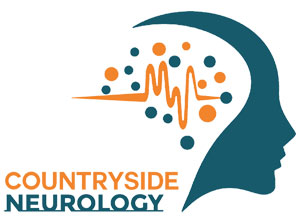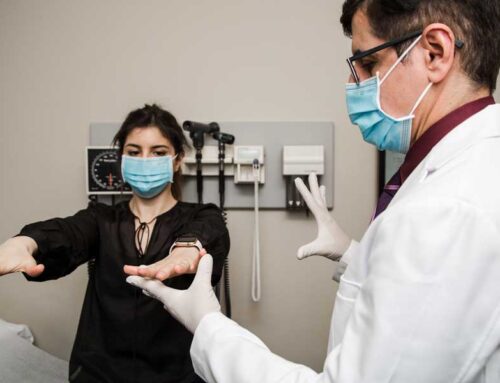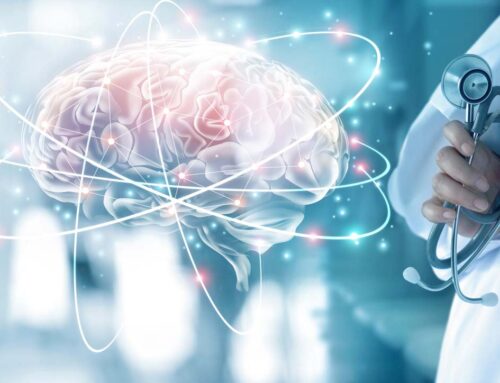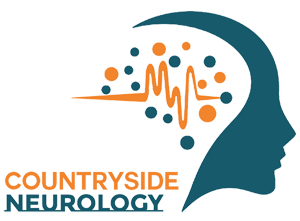Schizophrenia is a complex mental health disorder characterized by a range of symptoms, including auditory hallucinations—hearing voices that are not present. These hallucinations can significantly impact a patient’s quality of life, causing distress and impairing daily functioning. Traditional treatments, such as antipsychotic medications, do not always provide sufficient relief. However, recent research highlights the potential of Transcranial Magnetic Stimulation (TMS) as an effective treatment for auditory hallucinations in schizophrenia. At Countryside Neurology, we are proud to offer TMS therapy to our patients, providing hope and relief for those struggling with this challenging symptom.
Understanding TMS Therapy
Transcranial Magnetic Stimulation (TMS) is a non-invasive procedure that uses magnetic fields to stimulate nerve cells in specific areas of the brain. By modulating neural activity, TMS can help alleviate symptoms of various neurological and psychiatric conditions, including auditory hallucinations in schizophrenia. Unlike medications, TMS directly targets the brain and does not involve systemic side effects, making it a promising option for those who have not found relief with traditional treatments.
Key Findings from the Study
The study published in the National Center for Biotechnology Information (NCBI) involved schizophrenia patients experiencing auditory hallucinations who underwent TMS therapy. The researchers found that:
- Reduction in Hallucination Frequency: Patients experienced a significant reduction in the frequency and intensity of auditory hallucinations after undergoing TMS sessions.
- Improved Cognitive Function: Alongside symptom relief, patients reported improvements in cognitive functions such as attention and memory.
- Sustained Benefits: The positive effects of TMS were not just immediate but also sustained over time, indicating long-term benefits for patients with schizophrenia.
How TMS Works for Auditory Hallucinations
TMS therapy for auditory hallucinations involves targeting the brain regions responsible for auditory processing and perception. The repetitive magnetic pulses can alter neural activity, reducing the occurrence of hallucinations and improving overall brain function. This approach addresses both the auditory and cognitive symptoms of schizophrenia, providing comprehensive relief.
Other Conditions Treated with TMS at Countryside Neurology
While TMS is gaining recognition for treating auditory hallucinations in schizophrenia, it is also effective for a variety of other conditions. At Countryside Neurology, we offer TMS therapy for:
- Fibromyalgia: Alleviating widespread pain and fatigue.
- Migraines: Reducing the frequency and severity of migraine attacks.
- Parkinson’s Disease: Improving motor symptoms and overall function.
- Chronic Pain: Managing persistent pain conditions.
- Attention Deficit Hyperactivity Disorder (ADHD): Enhancing attention and reducing hyperactivity.
- Restless Legs Syndrome: Reducing discomfort and improving sleep quality.
What to Expect During TMS Therapy
A typical TMS session at Countryside Neurology lasts about 15-20 minutes. Patients sit comfortably while a magnetic coil is placed near their head, delivering painless magnetic pulses to targeted brain areas. The number of sessions varies based on the condition, but many patients begin to see improvements within a few weeks.
Why Choose Countryside Neurology?
At Countryside Neurology, our team is dedicated to providing cutting-edge treatments and personalized care. Our board-certified neurologist, Dr. Ardeshir Khademi, is a Harvard-trained TMS expert with extensive experience in treating neurological conditions. Located in Palm Harbor, we proudly serve the greater Tampa Bay area, offering advanced treatments like TMS to improve our patients’ quality of life.
If you or a loved one is struggling with auditory hallucinations or other neurological conditions, TMS therapy might be the solution you’ve been looking for. Contact Countryside Neurology today to learn more about how TMS can help you.
- Phone: 727-712-1567
- Website: countrysideneurology.com
- Instagram: @countrysideneurology




